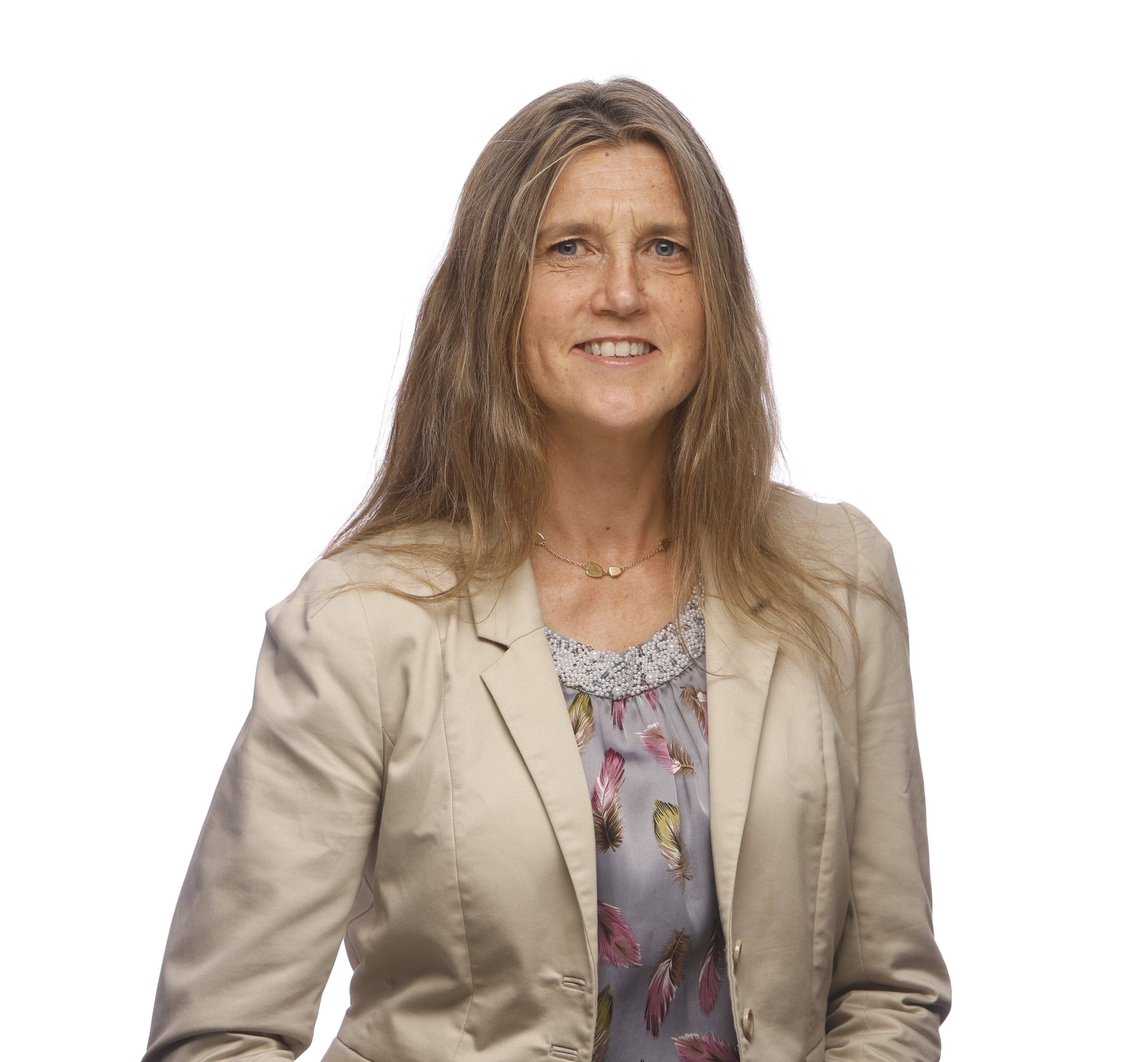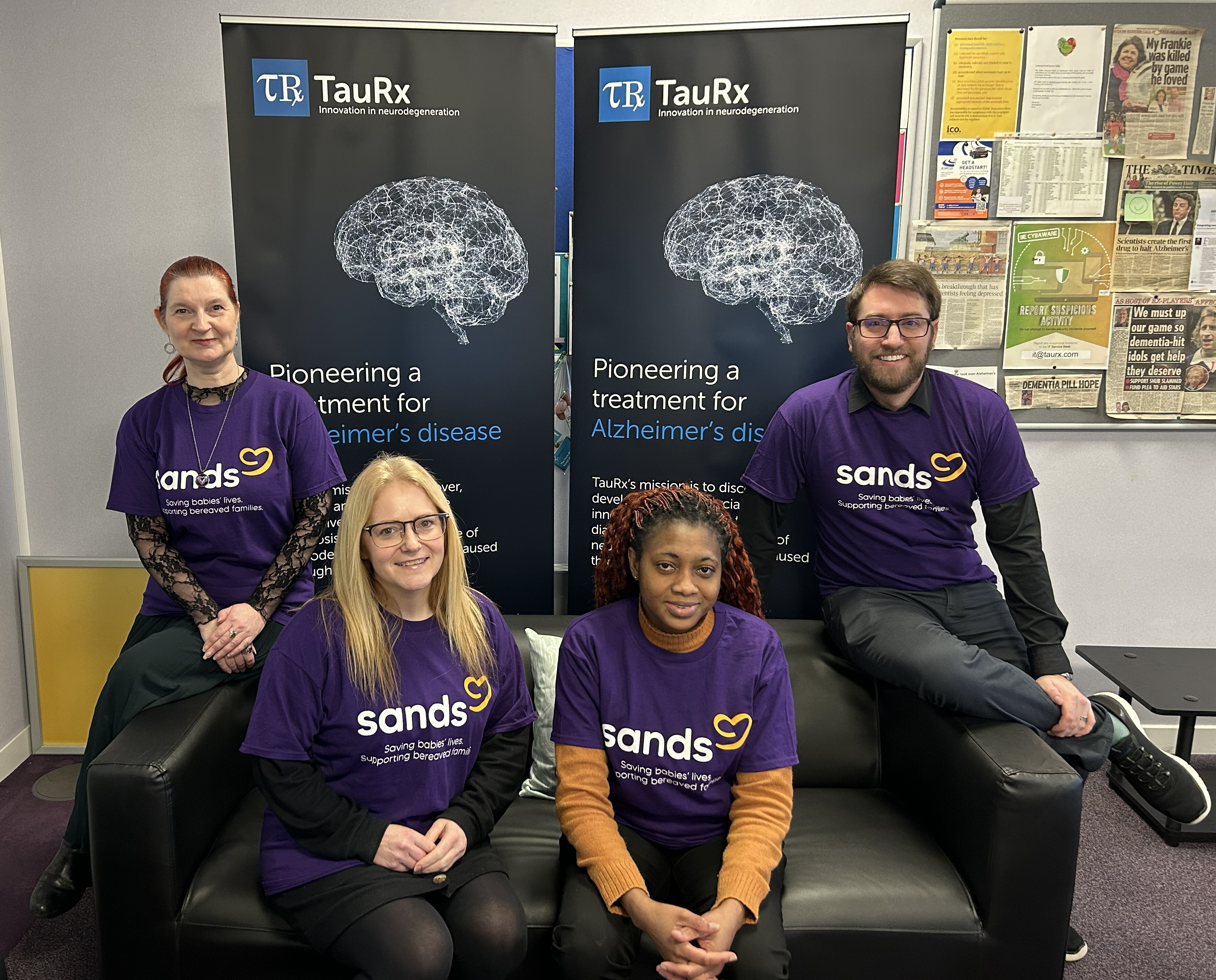Mediforum Pharmaceutical Co., Ltd. (047920) (“Mediforum”) of South Korea and TauRx Pharmaceuticals Ltd. (“TauRx”) of Singapore announce that they signed a termsheet on June 12th 2020 giving Mediforum rights to acquire publishing, manufacturing, and intellectual property rights in Korea to TauRx’s LMTX. LMTX is, globally, the most advanced treatment targeting tau protein in Alzheimer’s disease. By signing this agreement, Mediforum plans to strengthen its position as a leading pharmaceutical company in Korea specializing in dementia.

Alzheimer's is the most common degenerative brain disease that causes dementia. More than 60 percent of dementia patients are known to suffer from Alzheimer's disease. Alzheimer's Disease International (ADI) estimates that the world's dementia population has already reached 50 million in 2015, and the number will reach 74.69 million in 2030 and 113.45 million in 2050. Global dementia care costs amounted to US$818 billion (KRW 966.6 trillion) in 2015, accounting for 1.09 percent of the world GDP. This is similar to the GDP of the Netherlands, Indonesia or Turkey, and is much larger than the previously published market values of Apple (US$742 billion) or Google (US$368 billion).
According to the ‘Korea Dementia Status 2018’ (Source: The National Dementia Center), the number of dementia patients among the elderly aged 65 or older in Korea has exceeded 700,000 and is increasing every year, so the number of dementia patients in Korea is expected to exceed 1 million in 2024, 2 million in 2039, and 3 million in 2050. The Moon Jae-In Administration spent about KRW 14.6 trillion annually on dementia care by introducing the ‘National Dementia Responsibility System’ and about KRW 2.3 trillion was spent annually for the treatment of dementia patients aged 65 or older.
However, with only 5 drugs approved by the US FDA for treatment of Alzheimer's disease symptoms, many global pharmaceutical companies are either giving up or failing in their clinical trials. Of the 413 clinical trials of new Alzheimer's drugs between 2002 and 2012, only 'Namenda' has been approved by the FDA. Even after almost 20 years, no new drugs have been approved to treat Alzheimer's and the clinical failure rate has been 99.6%. Nevertheless, a lot of investment and research are still underway to address this market for novel symptomatic and disease modifying treatments, which is expected to grow rapidly in the future.
TauRx is a drug development company co-founded in Singapore by Claude M. Wischik, a professor in Old Age Psychiatry at University of Aberdeen in Scotland. Professor Wischik trained at the Laboratory of Molecular Biology in Cambridge under Sir Aaron Krug, the 1982 Nobel Prize winner in chemistry. He discovered that the pathology of Alzheimer’s disease is caused by the protein tau and identified the first drug able to target it. The company he co-founded in 2002 with the late Dr. Seng Kwang Meng is headquartered in Singapore with its research facilities located in Aberdeen. LMTX gained attention from the industry when it entered Phase 3 clinical trials and, even as recently as 2016, TauRx was the only company involved in the advanced clinical development of a treatment for Alzheimer's that targeted tau protein. In 2019, the American Neurological Association announced that beta-amyloid was not the cause of Alzheimer's disease, which was previously thought to be the case. TauRx is therefore once again in the spotlight and its recent publications showing that LMTX has concentration- dependent activity on clinical decline and brain atrophy in mild-to-moderate Alzheimer’s have confirmed the product’s promise as potentially the first disease modifying treatment.
Professor Wischik said, "We are leading the way globally in the development of a treatment that targets the tau pathology of Alzheimer’s. TauRx is the first to conduct Phase 3 clinical trials with an anti-tau aggregation inhibitor worldwide. In Singapore and the UK, we are permitted to supply the drug under our Expanded Access Program, and we hope to extend this to China and other European countries.”
Mediforum plans to proceed with the transaction through its subsidiary and expects to complete the acquisition of rights within the third quarter of this year after approval by related authorities.
"This agreement will serve as a growth bridgehead for the company to increase its corporate value and become a leading pharmaceutical company for dementia treatments," said Park Jae-hyung, CEO of Mediforum.






